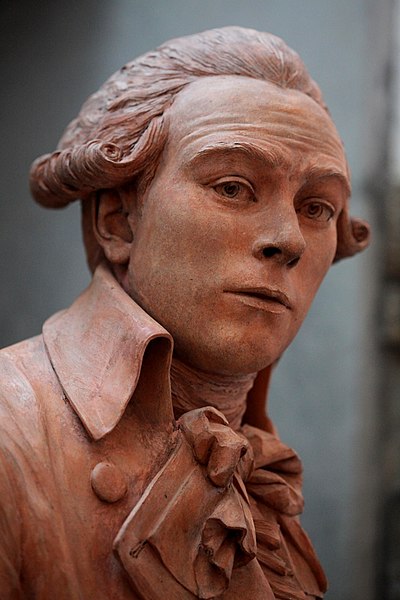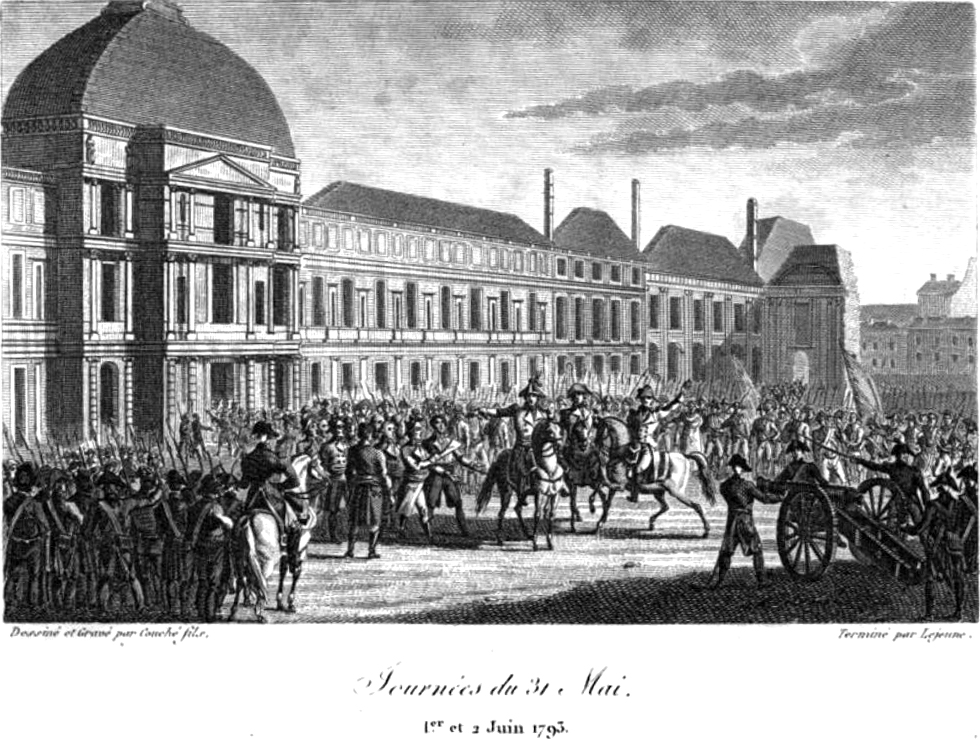 Prior to the Revolution, Robespierre was a lawyer and politician, and "an outspoken advocate for the poor and for democratic institutions. He campaigned for universal male suffrage in France, price controls on basic food commodities and the abolition of slavery in the French colonies." (see: https://en.wikipedia.org/wiki/Maximilien_Robespierre)
Prior to the Revolution, Robespierre was a lawyer and politician, and "an outspoken advocate for the poor and for democratic institutions. He campaigned for universal male suffrage in France, price controls on basic food commodities and the abolition of slavery in the French colonies." (see: https://en.wikipedia.org/wiki/Maximilien_Robespierre)
From the modern American's perspective, these all seem like noble causes. "His steadfast adherence and defense of the views he expressed [even] earned him the nickname l'Incorruptible (The Incorruptible)."
After the initial movement of the French Revolution, the National Convention (the mob-counsel that ruled Paris) formed the "Committee of Public Safety" and instated Robespierre as a member. He led the committee to institute what is now called the "Reign of Terror," in which tens of thousands of citizens were executed without trial. Robespierre, who had opposed the death penalty before the Revolution, now argued that terror was an incarnation of virtue, because it embodied swift and effective justice.
Robespierre's power over public opinion, combined with his hard-line stance against potential traitors, frightened even the members of the National Convention. Soon enough, he himself was accused of plotting to depose members of the Convention, and despite a two-hour oration in defense of his character, Robespierre was captured and executed by the same system he had instituted.
 |
| Riots organized by the Convention against Robespierre |
Looking into Robespierre's history gives us the sense of a very singleminded and idealistic man, but one who was capable of committing horrible acts in order to achieve his ends. We also receive insight into the nature of power; namely, how the power of a person is merely an illusion of reputation and crumbles when others don't voluntarily surrender to that reputation.
How could a man so noble stoop so low? How could such a powerful public figure be removed so quickly and easily? These are the questions that continue to occupy me as I study the paradoxical and unique story of the French Revolution.
Image Credits: "Robespierre," by Fichier, and "Journées des 31 Mai, 1973", engraving. Both licensed through CC.

No comments:
Post a Comment